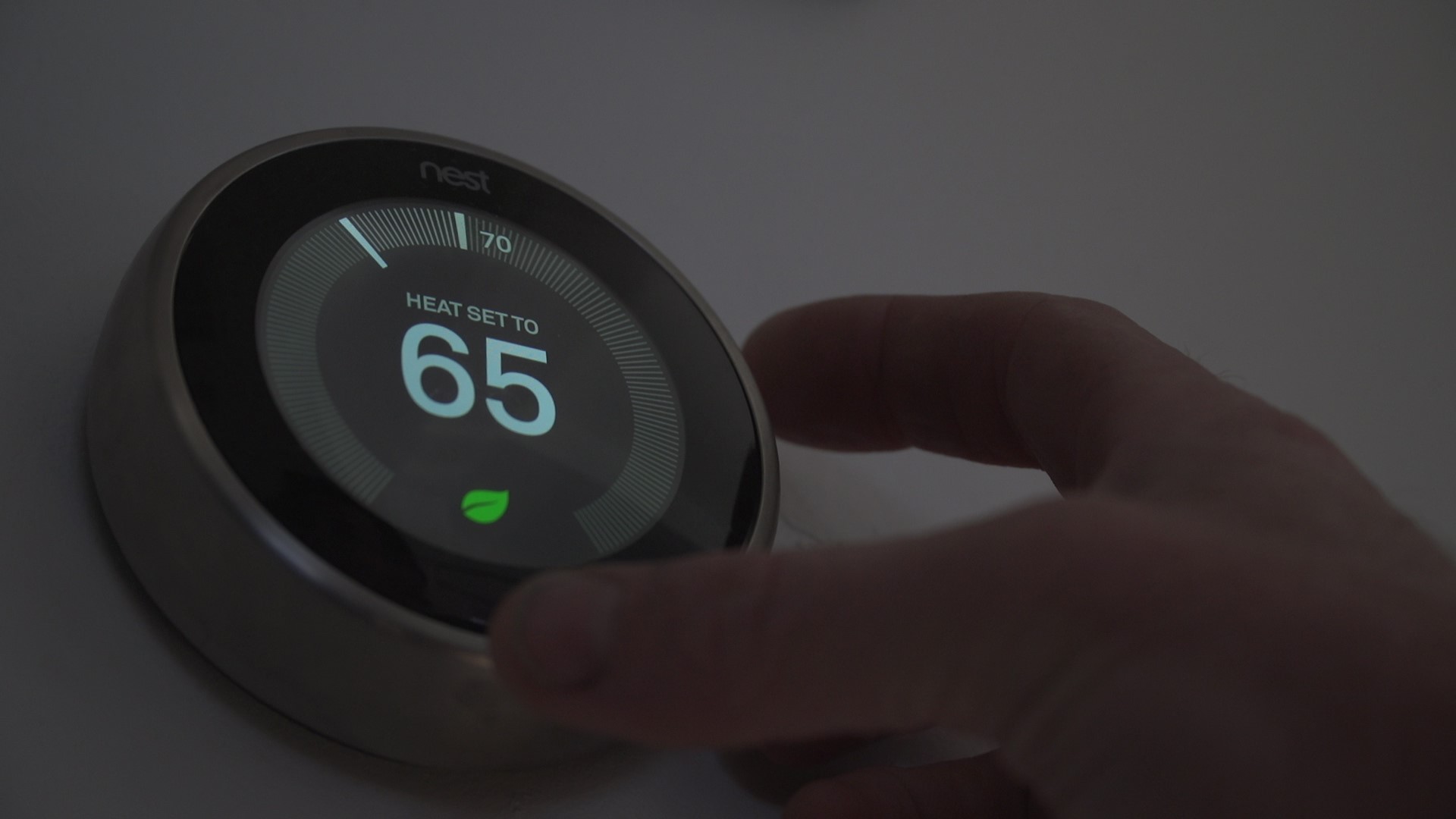SACRAMENTO, California — Colder temperatures certainly snuck up on us, especially considering it was 80 degrees just last week.
And just like that… it’s time to get those coats out of storage. With overnight low temperatures in the 30s and possible rain on the way— what can people do to make sure their homes stay warm while saving a little money?
HVAC expert Ben Travis, also known as the HVAC Ninja, shared some tips to help people save money and time when heating their homes.
"There’s a lot of things you can do, and it sorta depends on where you live," Travis said.
1. Seal the leaks
Travis said to start with some obvious solutions. Block any drafts from coming in around windows and doors. And if any pipes or ducts travel through an exterior wall, be sure to use caulking and weather-stripping around all the entry points.
These steps will block any potential entry points for cold air.
"Houses, in general, will shift, and a lot of people don’t realize that," Travis said. "So whether it’s doors or windows or other parts, air can escape."
And if you have a fireplace, Travis said to check for any cold air coming through. Ensure the damper is closed when not in use, and consider installing glass doors for wood stoves.
2. Check on your equipment
Travis also said now is a great time to make sure all your equipment has been serviced and is up to date.
"Check out furnace and change out air filters," Travis said."Check to make sure there aren’t any leaks."
3. Optimize thermostat settings
He said programmable or Smart thermostats are another thing to look into for those who have the option.
Smart thermostats actually learn how to optimize temperature efficiency based on your habits. And with any thermostat, Travis said to aim to keep the temperature between 60 and 70 degrees throughout the day.
4. Reverse ceiling fan rotation
If you use ceiling fans in any rooms, check if they have a winter setting that rotates it clockwise. That will redistributing air through an updraft causing warmer air to travel back down through a room.
He said it sounds simple, but it can be surprisingly powerful, helping heating systems operate more efficiently and requiring little energy.
5. Use targeted heating
Travis suggests space heaters, especially for those who might be home most of the day.
"It might be you’re spending a lot of time in the kitchen or office," Travis said. "And the rest of your home doesn’t really need to be heated."
As the days get even shorter and the temperatures cool, be prepared.

